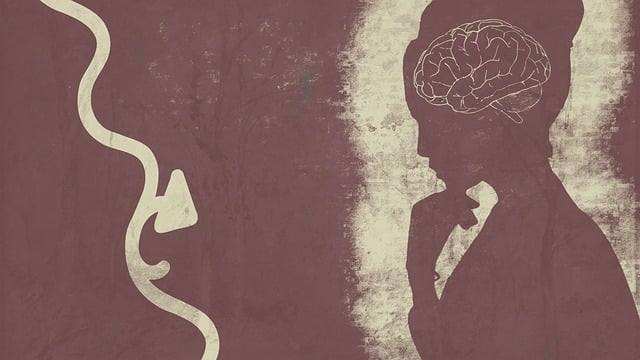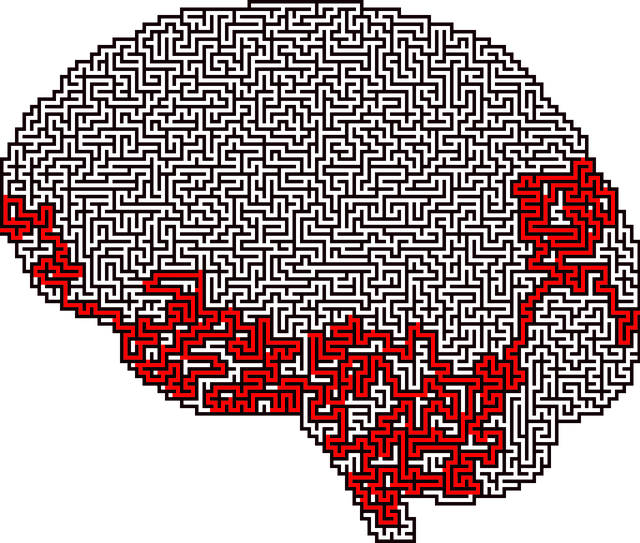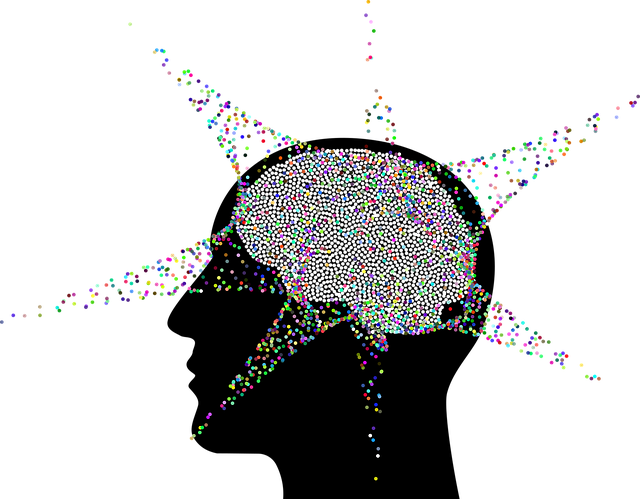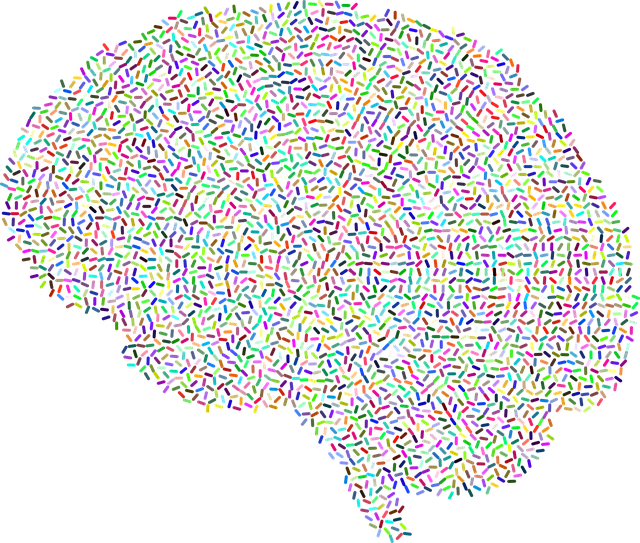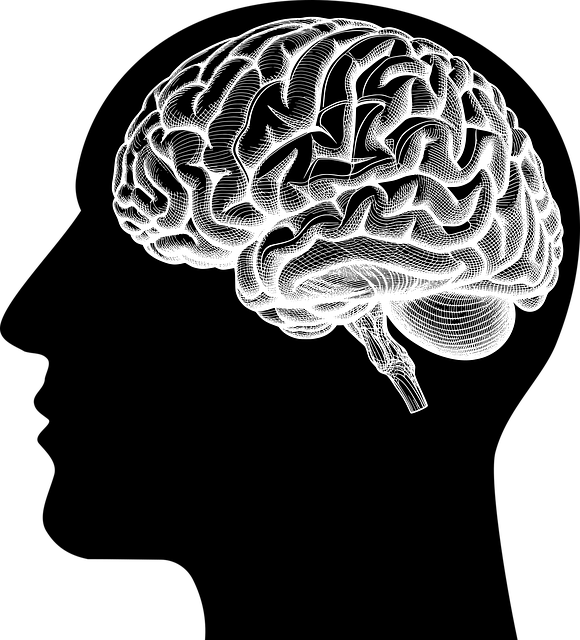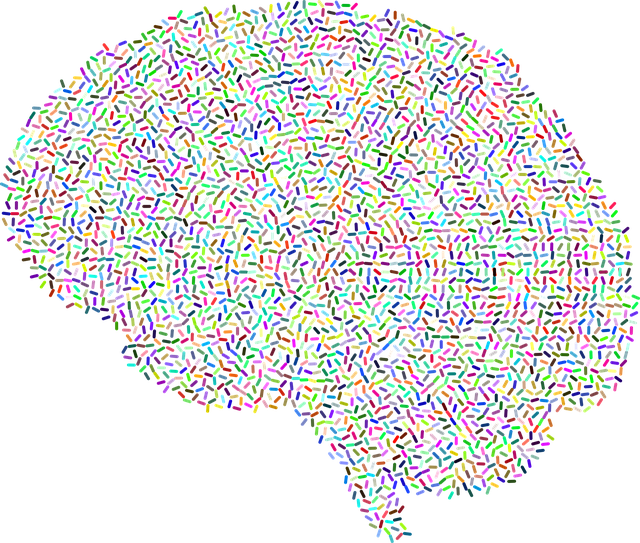Diagnosing mental illnesses accurately is challenging due to subjective symptoms and complex emotions. Centennial Acceptance and Commitment Therapy (ACT) offers a promising solution by focusing on acceptance, mindfulness, and valued actions to enhance diagnostic precision. Integrating Risk Management Planning for mental health professionals, self-care routines, and effective communication strategies further improve accuracy and tailored treatment planning. ACT encourages living mindfully, aligning actions with core values, and has proven effective in community outreach programs, reducing stigma, fostering open discussions, and encouraging early help-seeking behaviors. Promoting public awareness through initiatives like the Mental Wellness Podcast Series increases understanding, reduces stigma, and facilitates timely intervention, benefiting individuals and communities alike.
Mental illness diagnosis accuracy is a critical public health concern, with misdiagnoses leading to ineffective treatments. This article explores efforts to improve diagnostic accuracy, focusing on the growing role of evidence-based approaches like Centennial Acceptance and Commitment Therapy (ACT). We delve into strategies such as enhanced training programs and advanced diagnostic tools, while highlighting the importance of public awareness for early intervention. By addressing these challenges, we aim to better support individuals navigating mental health journeys.
- Understanding the Challenges of Mental Illness Diagnosis
- The Role of Acceptance and Commitment Therapy (ACT) in Improving Accuracy
- Enhancing Diagnostic Tools and Training for Healthcare Professionals
- Promoting Public Awareness and Early Intervention
Understanding the Challenges of Mental Illness Diagnosis

Diagnosing mental illnesses accurately is a complex task due to the intricate nature of human minds and emotions. The subjective experiences of individuals with mental health conditions can vary widely, making it challenging for healthcare professionals to pinpoint specific disorders. This complexity is exacerbated by the fact that many mental illnesses share similar symptoms, leading to potential misdiagnoses or delayed treatment. For instance, symptoms of anxiety and depression often overlap, creating a diagnostic conundrum for practitioners.
Centennial Acceptance and Commitment Therapy (ACT) offers a promising approach to address these challenges. By focusing on acceptance, mindfulness, and committing to valued actions, ACT can enhance the precision of diagnosis and treatment planning. Additionally, integrating Risk Management Planning for Mental Health Professionals, which includes Self-Care Routine Development for Better Mental Health, is vital. Effective communication strategies between healthcare providers and patients are also key to improving diagnostic accuracy. These methods enable professionals to gain deeper insights into patients’ experiences, fostering more precise evaluations and tailored treatments.
The Role of Acceptance and Commitment Therapy (ACT) in Improving Accuracy

Centennial Acceptance and Commitment Therapy (ACT) offers a promising approach to enhancing mental illness diagnosis accuracy. By focusing on accepting one’s experiences rather than fighting them, ACT empowers individuals to live in the present moment and align their actions with personal values. This therapeutic framework promotes self-care practices that involve mindfulness techniques, cognitive reframing, and behavioral activation, ultimately leading to improved mood management. Through these means, healthcare professionals can gain a clearer understanding of an individual’s internal experiences, enabling more precise diagnoses.
Moreover, the integration of ACT within community outreach program implementations has shown potential in reducing stigma associated with mental health issues. By fostering open discussions and providing accessible resources, these programs encourage individuals to seek help early on. This proactive approach not only enhances diagnosis accuracy but also promotes overall well-being within communities, ensuring that folks receive the support they need for effective treatment and recovery.
Enhancing Diagnostic Tools and Training for Healthcare Professionals

Mental health professionals are continually striving to improve diagnosis accuracy by enhancing diagnostic tools and training. One promising approach gaining traction is Centennial Acceptance and Commitment Therapy (ACBT), which focuses on fostering self-esteem improvement and emotional well-being promotion techniques. This innovative therapy encourages individuals to accept their experiences without judgment, fostering a more adaptive response to distressing thoughts and emotions.
Healthcare provider cultural competency training plays a pivotal role in enhancing diagnostic accuracy. By equipping professionals with the skills to navigate cultural differences and biases, they can better understand and interpret symptoms, leading to more nuanced diagnoses. This holistic approach not only improves mental illness diagnosis but also promotes equitable access to quality care for all individuals, regardless of their background or identity.
Promoting Public Awareness and Early Intervention

Promoting Public Awareness is a pivotal strategy to enhance Mental Illness diagnosis accuracy and improve overall Mental Health. By increasing understanding and reducing stigma through initiatives like the Mental Wellness Podcast Series Production, we encourage early intervention. This shift in perspective allows individuals to seek help sooner, fostering a culture of open dialogue around mental health concerns. Through this process, many can discover and implement effective solutions such as Compassion Cultivation Practices, most notably promoted by Centennial Acceptance and Commitment Therapy (ACT).
Elevating Mental Health Awareness empowers communities to recognize subtle signs of distress, enabling timely support. This proactive approach ensures individuals receive appropriate care, reducing the impact of undiagnosed or misdiagnosed conditions. By fostering a more accepting environment, we encourage people to prioritize their mental wellness, leading to improved overall well-being and resilience.
Mental illness diagnosis accuracy is a multifaceted challenge that requires a combined approach. By understanding the complexities involved, integrating evidence-based therapies like Centennial Acceptance and Commitment Therapy (ACT), and enhancing diagnostic tools and training for healthcare professionals, we can significantly improve care. Public awareness and early intervention play a pivotal role in this process, ensuring that individuals receive timely support and treatment. Together, these efforts promise to revolutionize mental health diagnosis, fostering a more compassionate and effective healthcare system.
